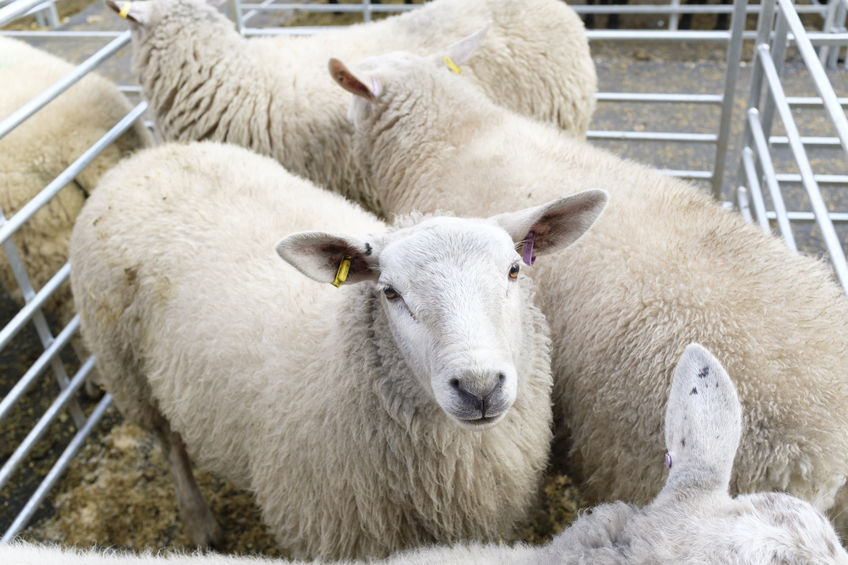
The government's intention to ban live exports is 'bad news' for the home market, the industry has warned amid fears that farmers may see lower prices.
The industry has responded with concern to the announcement of a live export ban which was included in the King’s Speech, on Tuesday (7 November).
The Animal Welfare (Livestock Exports) Bill is set to put an end to live export of cattle, sheep, goats, pigs and horses for slaughter or fattening from Great Britain.
"We will become the first European country to end this practice," Defra explained.
"EU rules prevented any changes to these journeys, but the UK government is now free to pursue plans which would see a ban on the export of live animals for slaughter and fattening."
However, the Farmers' Union of Wales (FUW) said the ban could cause an oversupply in UK markets, resulting in lower demand and therefore prices farmers receive for their stock.
“Defra previously estimated that such a ban would cost the industry £6.6 million per annum," said FUW President Ian Rickman.
"Yet this was merely based upon an assumed 15% price differential without taking into account the loss of markets or the likelihood of such costs disproportionately falling on small and micro enterprises.”
According to Ruminant Health & Welfare (RH&W) – whose members represent the breadth of the supply chain – the ban could have far-reaching consequences, something which the government must plan for – including building regional abattoir capacity.
“Defra should take responsibility for the impact on businesses," Nigel Miller, chairman of RH&W said.
It comes after New Zealand banned live exports earlier this year and Australia has committed to phasing out exports.
And in April, a Brazilian court banned the export of live cattle from all the country's ports.
The last live export to leave the UK was on 31 December 2020.
